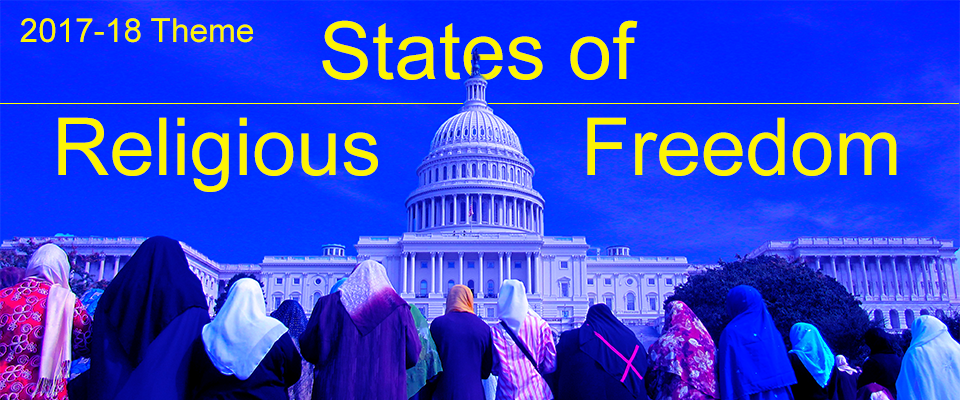Co-sponsored by the University of Pennsylvania Department of Religious Studies
ACCORDING TO THE TERMS OF THE INTERNATIONAL RELIGIOUS FREEDOM ACT, passed by Congress in 1998, a unique history of religious freedom has endowed the United States with a special responsibility to promote this virtue abroad as a goal of foreign policy. The U.S. State Department’s Bureau of Democracy, Human Rights, and Labor has compiled annual watchdog-style reports on every country in the world – except for the United States itself – ever since. Yet how exceptional or exemplary is the U.S. record of accommodating religious freedoms? How have other countries, informed by their own histories and circumstances, negotiated complex terrains of religion, statehood and citizenship? And what are the states of religious freedom around the world today, in light of current controversies over abortion, sexuality, changing gender roles, religiously-motivated terrorism, the rights of religious minorities, and the establishment of official religions?
During its 2017-18 theme year on “STATES OF RELIGIOUS FREEDOM,” Penn DCC will study the U.S. experience within a comparative international context, exploring how states – as political entities – accommodate or hinder religious expression and culture, as well as how social conditions – states of collective being – affect and influence the practice of religious freedom.
Co-sponsored by the National Constitution Center, the Penn Dept. of Religious Studies, The Jack Miller Center,
and the Katz Center for Advanced Judaic Studies.WATCH THE FULL VIDEO OF THE EVENT HERE.

IN AMERICA TODAY, MANY RELIGIOUS BELIEVERS contend that government anti-discrimination policies require them to do things that violate their faiths, while others feel religious claims are being used to violate their rights. In countries worldwide, concerns about terrorism in the name of religion are fueling strong measures to police, even persecute, many minority communities - Muslims, Christians, secularists, and others among them. This panel brings together spokespersons for three faiths and for secular worldviews to discuss whether and how freedoms for and from religion are endangered today, and what Americans' responses should be.
FACULTY WORKSHOP - Varieties of Burden in Religious Accommodation (Anna Su)
Co-sponsored the the Penn Department of Religious StudiesDiscussant: Jolyon Thomas (East Asian Languages & Civilizations)
All attendees are encouraged to read Prof. Su's draft paper, available here.
WATCH THE FULL VIDEO OF THE EVENT HERE.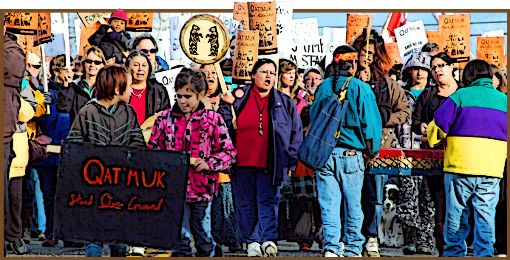
DETERMINING WHAT IS AND WHAT IS NOT a substantial burden on religion currently preoccupies the American legal and political milieu because of legal controversies surrounding its health-care statute. But defining what a burden is for the purpose of triggering legal protections for religious freedom has important consequences beyond a single issue. Professor Su considers and compares the caselaw of the United States, Canada, and the European Court of Human Rights and argues for an expansive understanding of the burden requirement in evaluating religious accommodation claims — an understanding that would encompass the spiritual practices of indigenous peoples and the lands they hold sacred.
Cosponsored by the Penn Religious Studies Department and The Jack Miller Center
Discussant: Vincent Lloyd (Villanova University Dept. of Theology and Religious Studies)All attendees are encouraged to read Prof. Schmidt's paper, available here.
WATCH THE FULL VIDEO OF THE EVENT HERE.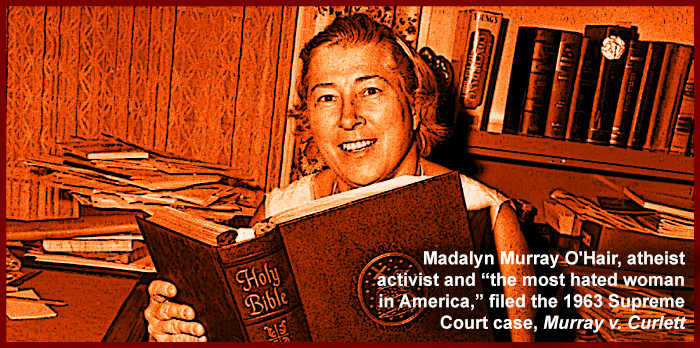
THE QUESTION WHETHER AMERICAN RELIGIOUS FREEDOM included equal rights and liberties for unbelievers, infidels, and atheists was unsettled from the founding through the middle decades of the twentieth century. In a series of Supreme Court cases stretching from 1948 through 1965, the playing field got a lot leveler for atheists, agnostics, and humanists. But, a principle of neutrality -- that believers and unbelievers shared the same liberties and protections -- remained fraught. The “fastidious atheist” or “devout atheist” was often still counted a nuisance by the court, and, when such irreligious objectors did succeed, they were often treated with such hostility as to make their legal victories look pyrrhic.
- Co-sponsored by the Penn Dept. of Religious Studies
Discussant: Sarah Barringer Gordon (Penn Law)
All attendees are encouraged to read Prof. Balmer's paper, available here.
WATCH THE FULL VIDEO OF THE EVENT HERE.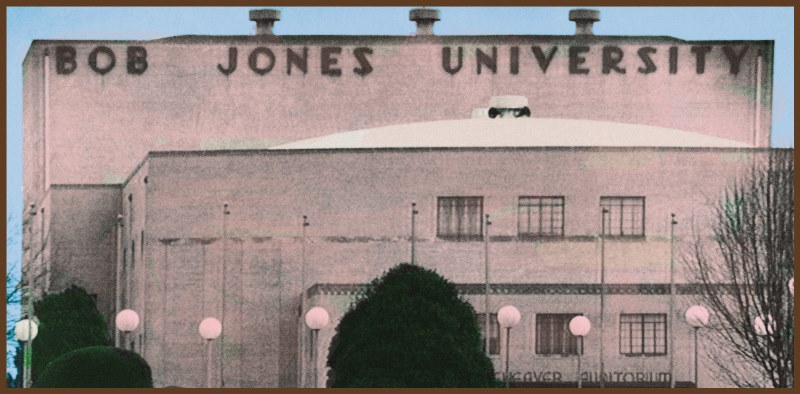
THE RELIGIOUS RIGHT’S MOST CHERISHED AND DURABLE MYTH IS ITS MYTH OF ORIGINS. According to this well-rehearsed narrative, articulated by Jerry Falwell, Pat Robertson, and countless others, after nearly half a century of electoral quiescence evangelical leaders were shaken out of their political complacency by the United States Supreme Court’s Roe v. Wade decision of January 22, 1973. This abortion myth collapses, however, in the face of historical scrutiny – scrutiny carried out over decades by Professor Balmer to ascertain the true origins of the Religious Right. It was a quest that took him to denominational records, magazine sources, and the archives of such institutions as Liberty University, Bob Jones University, the presidential libraries of Gerald Ford, Ronald Reagan, and Jimmy Carter, and the American Heritage Center in Laramie, Wyoming. The real origins of the Religious Right, it turns out, were far from highminded and revolved around a fight between Bob Jones University and the Internal Revenue Service (IRS) over the admission of African-American students.
- Co-sponsored by the Penn Dept. of Religious Studies
Discussant: William Schultz (Mitchell Center Postdoctoral Fellow)
All attendees are encouraged to read Prof. Yukich's paper, available here.
WATCH THE FULL VIDEO OF THE EVENT HERE.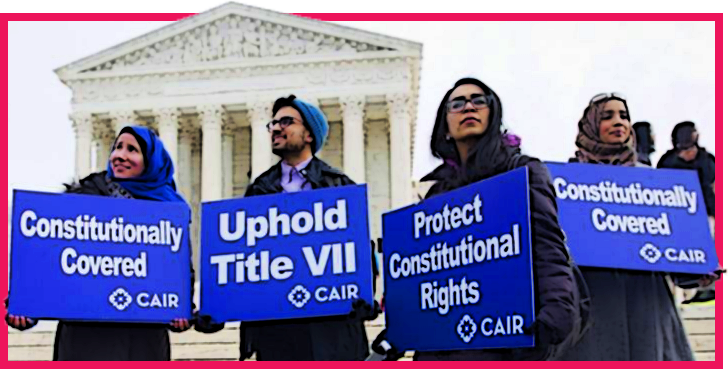
ANTI-MUSLIM DISCRIMINATION HAS BECOME A CENTRAL ISSUE in the current U.S. political climate. Professor Yukich presents the first large-scale audit study of anti-Muslim discrimination in the U.S. that incorporates an intersectional framework including religion, ethnicity, and gender. Fictitious resumes were sent to 1,000 entry-level job openings in eight cities across the U.S. The study reveals that the amount of discrimination Muslims face depends on their ethnicity and gender: Arab Muslim men have the lowest callback rate, but white women face the largest penalty for being Muslim. These findings have implications for public policy and advance theories of intersectionality by demonstrating the inadequacy of additive approaches to discrimination.
Co-sponsored by the University of Pennsylvania Department of Religious Studies
Discussant: Donovan Schaeffer (Penn Religious Studies)All attendees are encouraged to read Prof. Adcock's paper, available here.
WATCH THE FULL VIDEO OF THE EVENT HERE.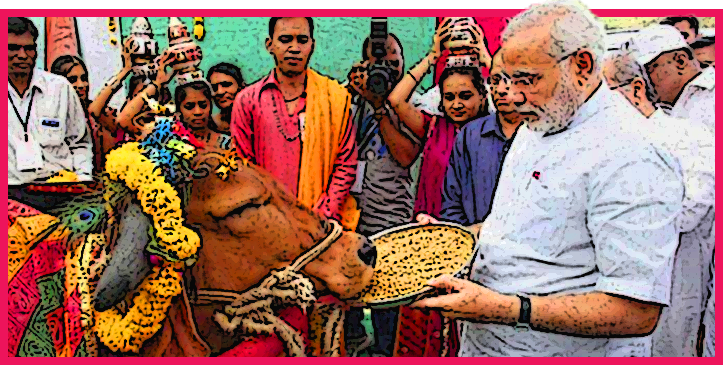
RECENT EVENTS UNDERSCORE THE THREAT OF COW PROTECTION in India: as laws against cow-slaughter are tightened, religious and caste minorities are being brutally assaulted or killed. How should we combat this politics? One strategy challenges cow protection on religious freedom grounds, as an imposition of Hindu religious preferences in violation of the religious rights of non-Hindus. Drawing on contemporary and historical material, Professor Adcock argues that a religious approach is counter-productive. Analytically, it yields an inadequate description of cow protectionist politics, past or present. Politically, it makes an unstable basis from which to resist Hindu majoritarianism.
Co-sponsored by the University of Pennsylvania Department of Religious Studies
Discussant: R. Scott Hanson (Penn History)
All attendees are encouraged to read Prof. Fox's paper, available here.
WATCH THE FULL VIDEO OF THE EVENT HERE.
IN HIS RESEARCH, Jonthan Fox has examined the extent of religious discrimination against 313 religious minorities in 68 Christian-Majority democracies. Despite expectations that liberal democracies should have religious freedom, religious discrimination is common. Also, despite Western democracies being considered the most liberally democratic democracies and the source of the liberal democratic ideology that supports religious freedom, religious discrimination is higher in Western democracies than in Christian-majority democracies in the developing world.
Friday, May 4, 2018 - 9:00am to 5:00pm
Houston Hall, Bodek Lounge (1st Floor)
Co-sponsored by the University of Pennsylvania Department of Religious Studies
FREE AND OPEN TO THE PUBLIC
THE ANDREA MITCHELL CENTER CAPS ITS 2017-18 THEME YEAR ON “STATES OF RELIGIOUS FREEDOM" by addressing a series of challenging questions: What is religious freedom? Can it truly be universal? What are the rights of religious minorities when set against a nation's popular majority? And when religious liberties seemingly conflict with gender and sexuality rights, which should prevail if the conflict cannot be resolved? Panelists include Lori G. Beaman (University of Ottawa), Heiner Bielefeldt (University of Erlangen), W. Cole Durham (Brigham Young University), Mayanthi Fernando (UC Santa Cruz), R. Marie Griffith (Washington University in St. Louis), Joshua Matz (Gupta Wessler PLLC), Daniel Philpott(University of Notre Dame), and William Schultz (Mitchell Center Postdoctoral Fellow).
PROGRAM
Introductory Remarks (9:00-9:15 am)
Panel 1 (9:15-10:45 am): What is Religious Freedom?
WATCH VIDEO HEREChair: Jolyon Thomas.
Joshua Matz: Amicus Brief in Support of State of Hawaii in the Trump Travel Ban Case / Abstract
Daniel Philpott: A Case for The Human Right of Religious Freedom / Abstract
Discussant: Michele MargolisPanel 2 (11:00 am-12:30 pm): Can Religious Freedom Be Universal?
WATCH VIDEO HEREChair: Jim Hrdlicka
Cole Durham: Religious Freedom: A Universal Right Vital to the Protection of the Dignity of Difference / Abstract
Heiner Bielefeldt: Can Religious Freedom Be Universal? / Abstract
Discussant: Rogers SmithPanel 3 (1:30-3:00 pm): What Are the Rights of Religious Minorities Against Popular Majorities?
WATCH VIDEO HEREChair: Daniel Cheely
William Schultz: Bad Faith: Fraud and Religious Freedom in the “Mighty I Am” Case / Abstract
Lori Beaman: The ‘Culture’ of Popular Majorities and the ‘Religion’ of Minorities / Abstract
Discussant: Melissa WildePanel 4 (3:15-4:45 pm): Gender and Sexuality Rights v. Religious Rights: Which Come First?
WATCH VIDEO HEREChair: Ronit Stahl
Mayanthi Fernando: Rethinking Religion v. Gender/Sexuality / Abstract
R. Marie Griffith: Gender and Sexuality Rights v. Religious Rights: Which Come First / Abstract
Discussant: Anthea ButlerClosing Remarks (4:45-5:00 pm)
POSTDOC MANUSCRIPT WORKSHOP - Garden of the Gods (William Schultz)
Discussants: MATTHEW LASSITER (University of Michigan),LEO RIBUFFO (George Washington University), and
JONATHAN ZIMMERMAN (Penn GSE)All attendess are encouraged to read a sample chapter of
Dr. Schultz's book manuscript, available here.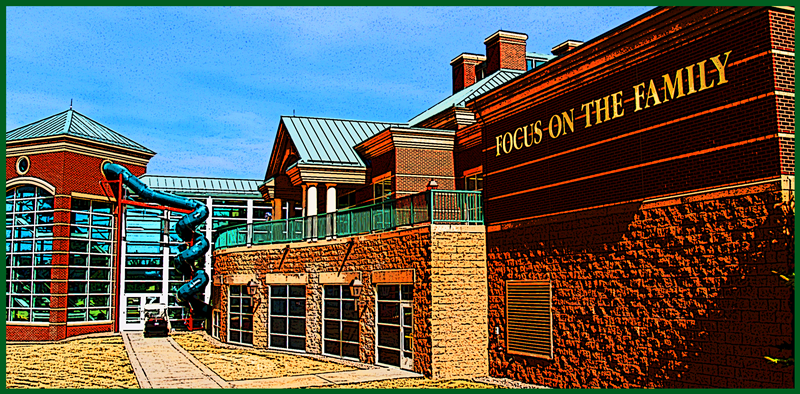
Garden of the Gods: Colorado Springs and American Evangelicalism explains how Colorado Springs, Colorado became the capital city of evangelical Christianity in the United States. Evangelicals sought to transform the city into a Christian utopia; their efforts had national repercussions, as Colorado Springs became a model for the “culture wars” of the 1980s and ‘90s. Garden of the Gods shows how evangelical Christianity converged with free-market capitalism and the warfare state to transform a once-sleepy resort town into “Jesus Springs.”

 The Andrea Mitchell Center for the Study of Democracy
The Andrea Mitchell Center for the Study of Democracy